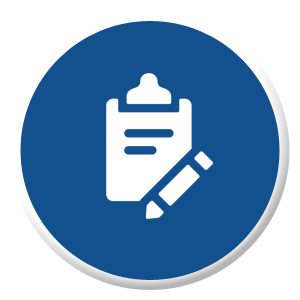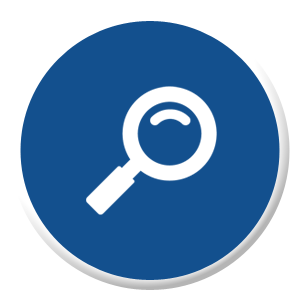Het arrangement Theme Personal - tto123 is gemaakt met Wikiwijs van Kennisnet. Wikiwijs is hét onderwijsplatform waar je leermiddelen zoekt, maakt en deelt.
- Auteur
- Laatst gewijzigd
- 10-05-2025 19:10:20
- Licentie
-
Dit lesmateriaal is gepubliceerd onder de Creative Commons Naamsvermelding-GelijkDelen 4.0 Internationale licentie. Dit houdt in dat je onder de voorwaarde van naamsvermelding en publicatie onder dezelfde licentie vrij bent om:
- het werk te delen - te kopiëren, te verspreiden en door te geven via elk medium of bestandsformaat
- het werk te bewerken - te remixen, te veranderen en afgeleide werken te maken
- voor alle doeleinden, inclusief commerciële doeleinden.
Meer informatie over de CC Naamsvermelding-GelijkDelen 4.0 Internationale licentie.
In de Stercollecties van VO-content wordt gebruik gemaakt van beeld- en filmmateriaal dat beschikbaar is op internet. Bij het gebruik zijn we uitgegaan van fair use. Meer informatie: Fair use. Mocht u vragen/opmerkingen hebben, neem dan contact op via de helpdesk van VO-content.
Aanvullende informatie over dit lesmateriaal
Van dit lesmateriaal is de volgende aanvullende informatie beschikbaar:
- Toelichting
- Dit thema valt onder de arrangeerbare leerlijn van de Stercollectie voor Engels voor tweetalig onderwijs, leerjaar 1, 2 en 3. Dit thema omvat de volgende onderwerpen: 'Introducing yourself', 'Preferences' en 'My way'. De grammaticaopdrachten behandelen het werkwoord 'te be', 'personal pronoun' en 'simple present'.
- Leerniveau
- VWO 2; HAVO 1; VWO 1; HAVO 3; VWO 3; HAVO 2;
- Leerinhoud en doelen
- Engels;
- Eindgebruiker
- leerling/student
- Moeilijkheidsgraad
- gemiddeld
- Studiebelasting
- 8 uur 0 minuten
- Trefwoorden
- arrangeerbaar, engels, introducing yourself, my way, personal, personal pronoun, preferences, simple present, stercollectie, tto123
Gebruikte Wikiwijs Arrangementen
VO-content Engels. (2022).
Thema: Personal - hv12

 Welcome to the first theme of English, Personal.
Welcome to the first theme of English, Personal.



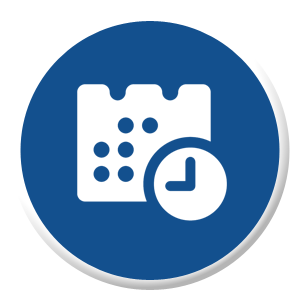 In this theme you are going to do the following things:
In this theme you are going to do the following things: In this theme there are three lessons.
In this theme there are three lessons.
 You've finished the lessons for the theme Personal.
You've finished the lessons for the theme Personal.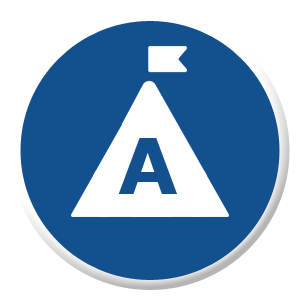 Asking questions
Asking questions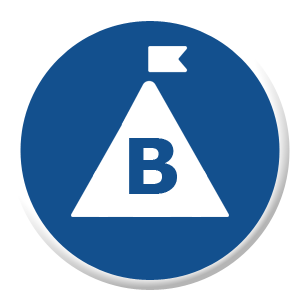 Final product
Final product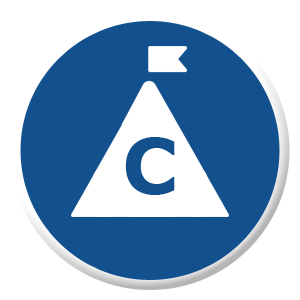 Final product
Final product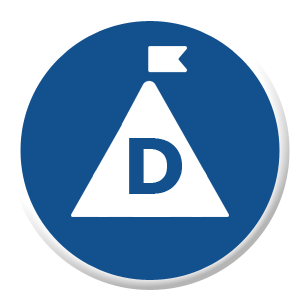 Final product
Final product